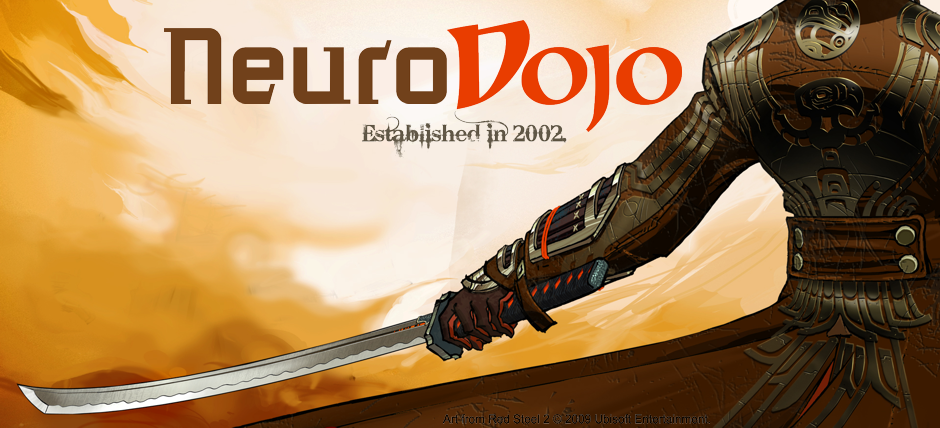We are living in an age where people routinely ignore facts and ideas that are inconvenient or uncomfortable to them. It's easy to do: people like to have their beliefs confirmed, not challenged. (If I had stayed in my original field of psychology, I think I would be studying the psychology of belief.) But of course, the natural world doesn't care what we believe. Hence, the need for scientific thinking. Here, I wanted to put together a few short points geared towards helping someone think a little more like a scientist.
What is the evidence? This is a crucial first question to ask about any claim. We all have a tendency to trust, and to take things presented to us at face value. That's why it pays to stop, give your head a shake, and say, "Waitaminute. This is all very interesting, but does it have anything to back it up?"
Extraordinary claims require extraordinary evidence. This is an extension of the first point, but it's important enough to merit its own paragraph. As I mentioned above, we like to confirm our beliefs, so there's a real temptation to "clutch at straws." You compile all the evidence in favour of a belief, and ignore all the problems and contradictions the evidence presents. For instance, there's lots of evidence that the Loch Ness Monster exists. Now, hear me out! The problem is that the quality of the evidence is weak compared to the claim. Eyewitness reports are notoriously unreliable; most pictures of the monster are ambiguous. (That's for the pictures that have not been revealed as outright hoaxes.) Saying, "There is a large undescribed animal present in a Scottish loch" is a big claim. To convince me of something that big, you're going to need something equally big to prove it.
If you didn't manipulate anything, it's not an experiment. In an experiment, someone deliberately manipulates something. In the simplest form, you set up two groups, and you make it so one one group gets a treatment, another doesn't. Experiments are important for science because they can establish causal relationships. But research does not necessarily mean an experiment was done. A "study" does not mean an experiment was done. That's not to say it's bad science or weak evidence -- not at all. But there's a limit to what you can conclude, because...
Correlation does not imply causation. Just because two things go together does not mean one caused the other. Now, it's a strong hint that one might cause the other, but that's about as far as you can take it without an experiment. You see correlation and causation confused all the time. Watch any political show. "Since we introduced tax cuts, unemployment went down." The implication is clear: tax cuts caused the change in employment rates. They may have done, but it's very difficult to prove that causal link.

No comments:
Post a Comment